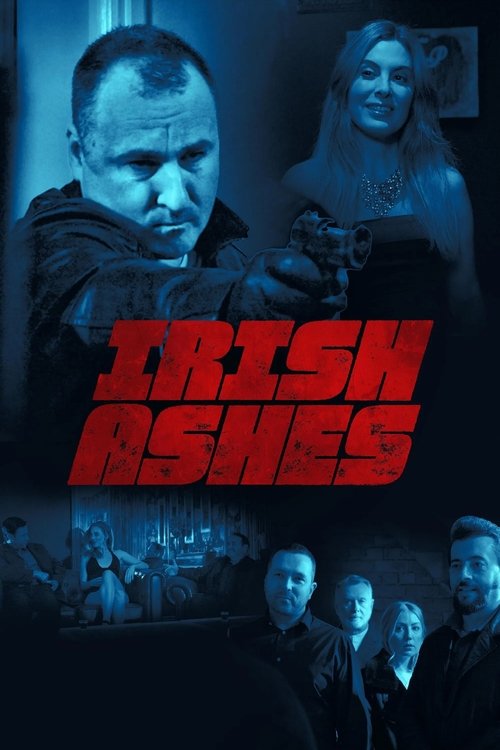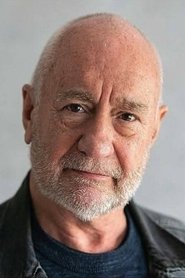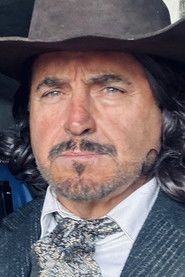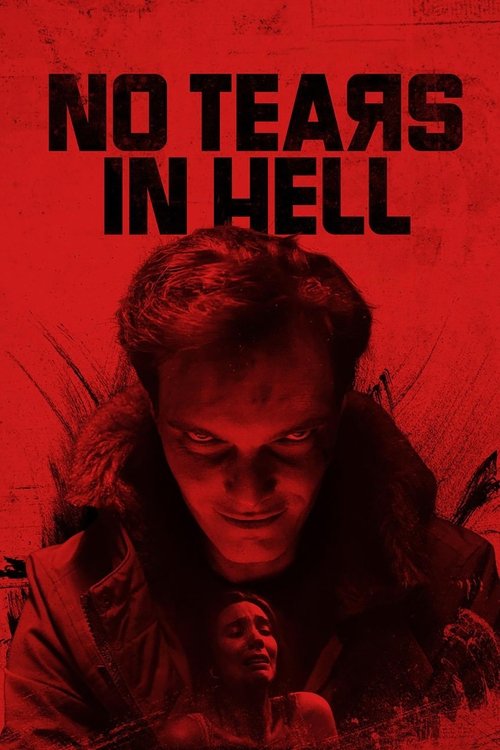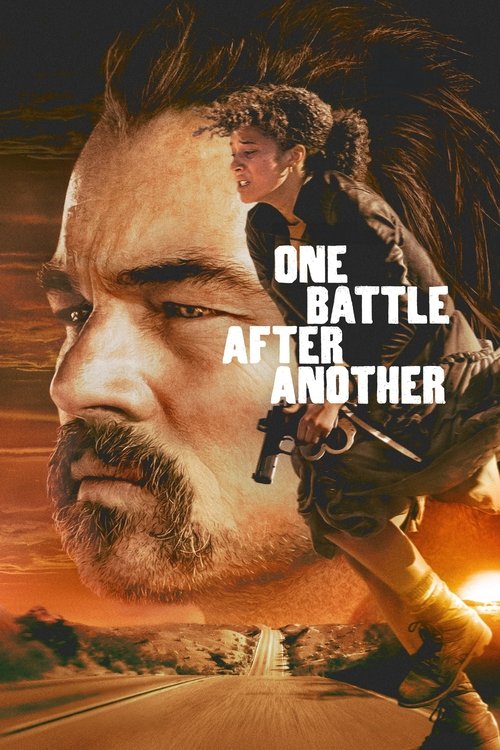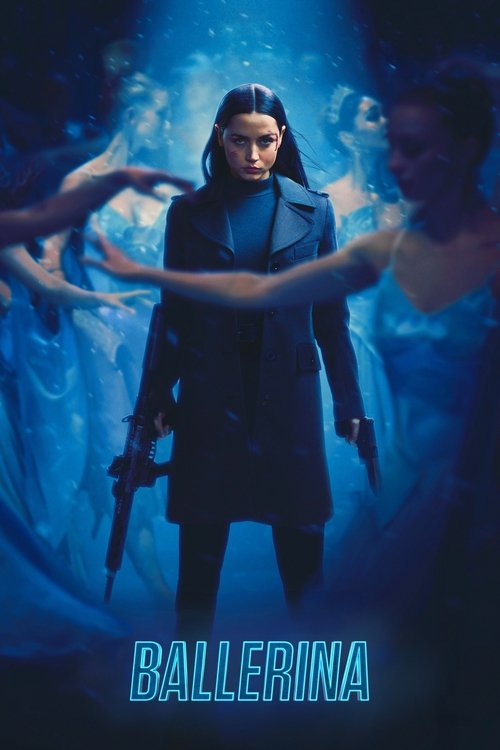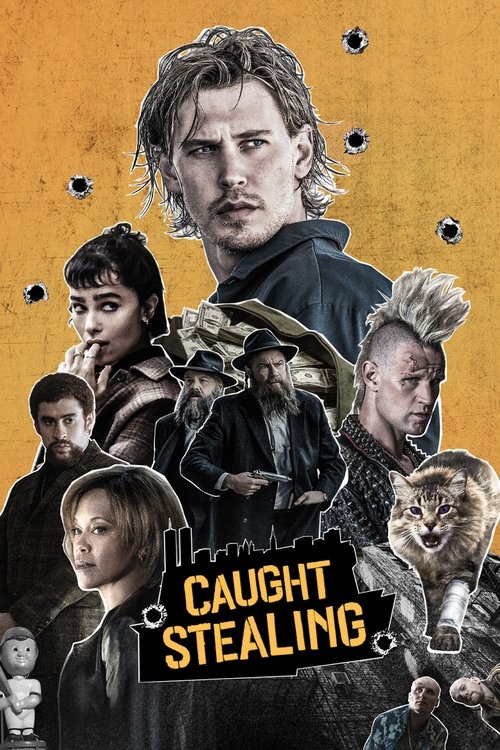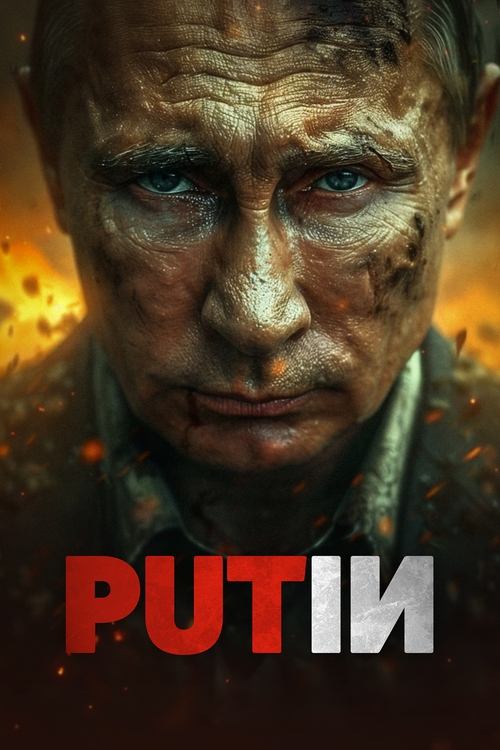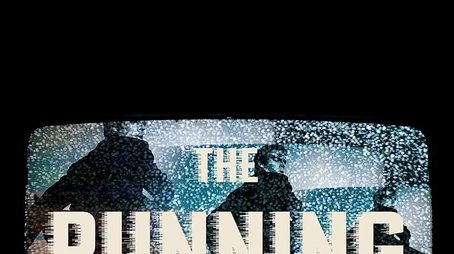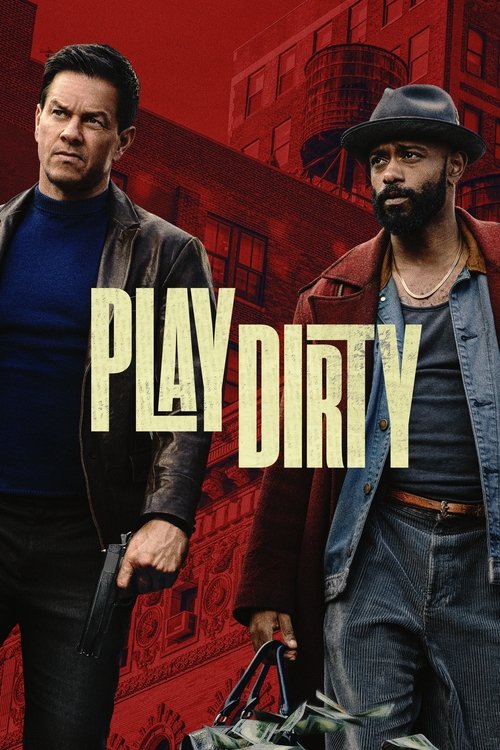
Ask Your Own Question
What is the plot?
Frank McCourt is born to Angela and Malachy McCourt in Brooklyn, where the family lives in cramped poverty. Shortly after his sister Margaret is born, she dies in infancy. Angela falls into a deep depression; Malachy Sr. drinks and disappears for days at a time, leaving the children--Frank, his older brother Malachy Jr., and later twins Eugene and Oliver--hungry and uncared for. Neighbors on the street bring food to the boys and, unable to support the family themselves, send a letter to Angela's relatives back in County Limerick asking for money so the McCourts can return to Ireland.
The family moves back to Limerick with the money that arrives. Malachy Sr. attempts to collect a pension for supposed military service, but officials find no record and refuse him payment. The twins, Eugene and Oliver, die soon after the family's arrival in Ireland, succumbing in infancy to the illnesses and privations that follow the move. Malachy Sr. continues to fail at holding steady work; when he does find jobs, he spends his wages in pubs. He is too proud to beg or to scavenge coal from the streets to keep the house warm. The McCourts live at the end of a row of houses that share a single outdoor lavatory. Angela turns to charity to obtain furniture and clothing while Malachy signs on for dole money, rarely bringing home enough to feed the household.
A flood ruins the downstairs of their small house one day while Angela gives birth upstairs to a new baby, Michael; the boys return to find their parents and the newborn occupying the upper floor. Malachy Sr. berates Angela for her pleas for clothing and boots for their children. Unable to afford new boots for the boys, Angela cannot keep them protected from the rain and mud. Malachy Sr. cuts pieces from old tires and glues them to the boys' worn soles to make them last. The boys are mocked and tormented at school for their makeshift footwear; when Frank hides his patched shoes and goes barefoot to class, the teacher rebukes the other pupils for taking pleasure in another child's misfortune and for bullying.
Malachy Sr. searches for work constantly, but his accent and what neighbors call his "funny manner" block him from being hired in many places. Around Easter he finds employment at a cement factory in Limerick and briefly sends money home, but he drinks his wages away in the pub. One evening he returns singing nostalgic songs about Ireland and wakes the boys, forcing them to promise to die for Ireland. He oversleeps the next morning and loses the job.
At school the children prepare for First Communion. The boys are taught the ritual of receiving the host; teachers take them to church where priests tell each of them to make a first confession. Frank sleeps in on the day assigned to him for his first communion, prompting a harsh response from his grandmother, who criticizes both Frank and his father for his negligence. Eager to participate in the rite and its social repercussions--what the children call "making the collection," when those newly communicant parade in new clothes and collect sweets and money from neighbors--Frank desperately wants to be part of the procession.
Grandmother brings the family to her home for a communion breakfast, but Frank falls ill and vomits the food. Grandmother marches him back to the church so he can confess the incident to a priest. Missing the procession, Frank still wants to celebrate; with help from his friend Mikey, he sneaks into the cinema to see films, an indulgence his parents forbid. To cover his truancy and to appease his parents, he invents dances at home after his mother signs him up for Irish dancing lessons--lessons he secretly hates. He takes the money Angela gives him for lessons and uses it for the cinema, fabricating steps and performances to explain himself at home.
Angela gives birth again to Alphonsus, called Alphie. Money arrives from Frank's grandparents, but Malachy Sr. spends that too in the pub. With no milk for the baby's bottle, no food for the older children, and no coal to heat the house, Angela reaches the end of her endurance. She sends Frank to the pub to loudly shame his father, to call out his failures so Malachy will return home in guilt or anger. When Frank reaches the tavern and confronts his father, the sight of a man who would steal money meant for his baby convinces Frank that Malachy Sr. is beyond repair; he refuses to fetch him home.
Frank contracts typhoid and becomes gravely ill; he lies near death for weeks and recovers only after more than two months in the hospital. While in the ward he reads Shakespeare without interruption, finding pleasure in the escape and in the steady routine of hospital care. His long absence forces him to repeat a year at school. Because of a composition he writes imagining Jesus born in Limerick rather than Bethlehem--an imaginative piece that amuses and pleases his teachers--he is later moved back into his original grade.
World War II begins and Malachy Sr. leaves for England to work in wartime factories. Angela tells the boys he will send money by telegram, but no funds arrive. Forced to find regular income, Frank begins working as a teenager to provide for his family. He delivers coal door to door but stops when conjunctivitis brought on by the coal dust robs him of sufficient vision to continue. Two days before Christmas, Angela is driven to beg for a church food voucher once more; the parish gives her a sheep's head for the McCourts to use for their holiday meal. On Christmas Day Malachy Sr. returns home without any money, and Angela, Frank, and Malachy Jr. accuse him of drinking away his wages. He leaves for London again the next day. A single telegram money order arrives a week later, but after that no more funds ever come; he never returns to the family.
As the house grows colder and the family's resources dwindle, Malachy burns a section of the wall to keep the living room warm; the resulting damage forces the landlord's hand and the family faces eviction. Frank's grandmother, determined and proud, walks through the rain to ask a cousin, Laman Griffin, for financial help. She catches a chill in the downpour, develops pneumonia, and dies from the illness. Her death follows a long night and the family collects what little remains; they move in with Laman Griffin. He does not charge them rent but requires Angela to cook and clean for him in exchange for lodgings. He sleeps in the house with them and makes demands of Angela; the arrangement means security without dignity.
Frank does well academically despite the destitution and the crowded house, but he wants a job that pays weekly so he can help feed his family. When he discovers that the arrangement with Griffin includes sexual relations between his mother and the householder, Frank confronts Griffin and the encounter turns physical; Frank hits Griffin and then leaves to stay with Uncle Pat and Aunt Aggie. At Uncle Pat's house Aggie purchases clothes for Frank to wear to his new job at the post office delivering telegrams. The post office position gives him a steady route and a sense of responsibility. On his rounds he meets Theresa Carmody, a young woman he courts. They begin a tender relationship; Frank experiences affection and longing with Theresa that feels both illicit and precious given the strict moral codes around him.
Theresa contracts consumption and dies of tuberculosis. Her illness progresses despite care; Frank blames himself, convinced that premarital intimacy has led to God's punishment visited upon her. Stricken with guilt, he goes to confession where the priest reassures him that Theresa is in heaven and that her death is not punishment for their actions; the priest absolves Frank and tells him not to carry the weight of her dying as divine retribution.
While working his telegram route, Frank delivers a message to Mrs. Finucane, a local moneylender. Mrs. Finucane hires him to write letters to borrowers behind on their payments; he types nonpayment notices and learns the details of people desperate to keep their homes. One night after a visit from Uncle Pat, who buys Frank his first pint at the pub to celebrate the job and Frank's transition into adult responsibilities, Frank returns home drunk. He staggers in singing the old Irish songs his father used to sing; Angela stands in the doorway and calls him "useless" like his father. In a burst of anger and shame Frank lashes out, verbally assaulting her and slapping her across the face, calling her a "slut." The act shocks him; he goes to confession where a priest calms him and tells him Theresa's death was not a punishment for their intimacy, reassuring him that she is at peace.
Some days later Frank goes to Mrs. Finucane's house to deliver telegrams and finds her dead in her home, apparently having died in her bed; no one has attacked her and there is no sign of foul play. He takes all of the money he finds in the house and takes possession of her debt ledger, which lists the names and amounts owed by local borrowers. With the ledger and cash in his hands, Frank destroys the book, tearing pages and burning entries so that the records of debt vanish. He uses the money he takes from Mrs. Finucane to buy a ticket on a ship bound for America from the port at Cork.
The night before he leaves Cork, the family gathers and witnesses a lunar eclipse. Uncle Pat interprets the rare celestial event as a sign of forthcoming good luck and tells Frank that the eclipse promises fortune in the new land. Frank boards the ship and sails away from Ireland. After a long voyage he arrives in New York and disembarks, stepping onto American soil. He walks through the immigrant processing and finally sees the Statue of Liberty rising in the harbor, a distant column in the mist that resolves into the figure of liberty as the ship approaches. The film ends with Frank standing at the rail, looking at the statue, the light on the harbor cutting through the morning haze as he prepares to begin his life in America.
What is the ending?
Short, Simple Narrative of the Ending
Tristan McGowan, the son of an infamous Irish mobster, returns home for his mother's funeral and discovers his sister is missing. He tracks down the gang responsible for her kidnapping, confronts them in a violent showdown, and rescues his sister. In the process, he uncovers a dark family secret that changes his understanding of his past. The film ends with Tristan and his sister leaving their old life behind, seeking a new beginning.
Expanded, Chronological, Scene-by-Scene Narration of the Ending
The final act of Irish Ashes begins with Tristan McGowan, exhausted and emotionally raw, having pieced together the location where his sister is being held. The tension is palpable as he approaches a derelict warehouse on the outskirts of town, rain lashing against the broken windows, the sound of his footsteps echoing in the empty corridors. His face is set in grim determination, his hands trembling not from fear, but from the weight of what he might find.
Inside, the gang members--led by a ruthless enforcer--are unaware of Tristan's approach. The camera lingers on the sister, bound to a chair, her face bruised but her eyes defiant. She has refused to give up any information, clinging to the hope that her brother will come for her. The gang leader taunts her, his voice dripping with menace, but she remains silent, her jaw clenched.
Tristan bursts through a side door, catching the gang off guard. A brutal, chaotic fight ensues. Tristan, driven by a mix of rage and desperation, disarms one assailant with a swift blow, then grapples with another in a desperate struggle. The violence is raw and unglamorous, the sound of fists hitting flesh and grunts of pain filling the air. The sister watches, her eyes wide with fear and hope, as her brother fights for her life.
During the confrontation, the gang leader, cornered and desperate, reveals a shocking truth: Tristan's mother was not just a victim of the criminal world, but an active participant in its darkest dealings. The revelation hits Tristan like a physical blow. He hesitates, his face a mask of confusion and betrayal, but the gang leader seizes the moment to lunge at him. In a final, desperate act, Tristan overpowers him, leaving the man unconscious on the concrete floor.
With the immediate threat neutralized, Tristan rushes to his sister, cutting her bonds with a pocketknife. They embrace, both trembling, tears mixing with the rain and sweat on their faces. The sister, though shaken, manages a weak smile, her relief evident. Tristan helps her to her feet, supporting her as they make their way out of the warehouse.
Outside, the rain has eased, and the first light of dawn breaks through the clouds. The siblings pause, looking back at the warehouse--a symbol of the violence and secrets they are leaving behind. Tristan's face is a mixture of sorrow and resolve; he knows their lives can never be the same. His sister, though physically injured, stands tall, her spirit unbroken.
They climb into a waiting car, the engine coughing to life. As they drive away, the camera lingers on their faces--Tristan's knuckles white on the steering wheel, his sister staring out the window, both lost in thought. The road ahead is uncertain, but for the first time, they are free from the shadow of their family's past.
The film ends with the car disappearing into the distance, the sun rising behind them, a visual metaphor for their hope for a new beginning. The fate of the gang members is left ambiguous, but it is clear they are no longer a threat. Tristan and his sister, though scarred, are alive and together, determined to forge a new path away from the violence and secrets that once defined their lives.
Is there a post-credit scene?
No, Irish Ashes (2025) does not have a post-credits scene.
Search results from IMDb user reviews, Indiegogo campaign page, YouTube trailers, and film listings mention only a dedication in the credits but no post-credits or mid-credits scene, stinger, or teaser. References to post-credits scenes apply to the unrelated sci-fi film Ash (2025), not this indie Irish mob crime drama directed by Satnam Purewal. Reviews criticize acting, pacing, and production but note nothing about extra content after credits.
Who is Tristan McGowan and what role does he play in the story of Irish Ashes (2025)?
Tristan McGowan is the son of an infamous Irish mobster who returns home for the internment of his mother's ashes. He discovers that his sister is missing and takes on the role of tracking down the gang responsible for her kidnapping, uncovering a dark family secret in the process.
What is the significance of the sister's disappearance in Irish Ashes (2025)?
The sister's disappearance is the central plot element that drives the story. It prompts Tristan McGowan to investigate and confront the gang responsible, which leads to the revelation of a dark family secret.
Who are the key mobster characters involved in Irish Ashes (2025) and what are their relationships?
Key mobster characters include Tristan McGowan, the son of the infamous Irish mobster; Duke Angel, an American mobster laundering money through mob boss Brandon McDonnel; and Velma Angel, Duke's wife. Brandon McDonnel is the mob boss connected to the laundering operation.
What dark family secret is uncovered by Tristan McGowan in Irish Ashes (2025)?
While the exact details are not fully disclosed, Tristan McGowan uncovers a dark family secret related to his family's criminal background and the circumstances surrounding his sister's kidnapping during his investigation.
Where was Irish Ashes (2025) filmed and how does the setting contribute to the story?
Irish Ashes was filmed in the United Kingdom, including Nottingham, England near Nottingham Castle. The setting provides a backdrop that supports the crime and mobster themes of the story, grounding the narrative in a realistic environment tied to the characters' backgrounds.
Is this family friendly?
No, Irish Ashes (2025) is not family friendly, as it carries a TV-MA rating due to its crime thriller genre involving mobsters, kidnappings, and violent confrontations.
Potentially objectionable or upsetting aspects for children or sensitive viewers include: - Intense fight sequences and physical violence, described as a "deadly rampage" with boxing-style action that may feel realistic and brutal. - Moderate to severe depictions of violence and gore, as noted in parental guidance. - Moderate profanity throughout dialogue. - References to criminal activities like extortion, racketeering, and gang threats, creating a tense, menacing atmosphere. - Moderate alcohol, drugs, or smoking elements in the seedy underworld setting. - Emotional distress from family secrets, kidnappings, and themes of loss, which could be disturbing without graphic visuals.

